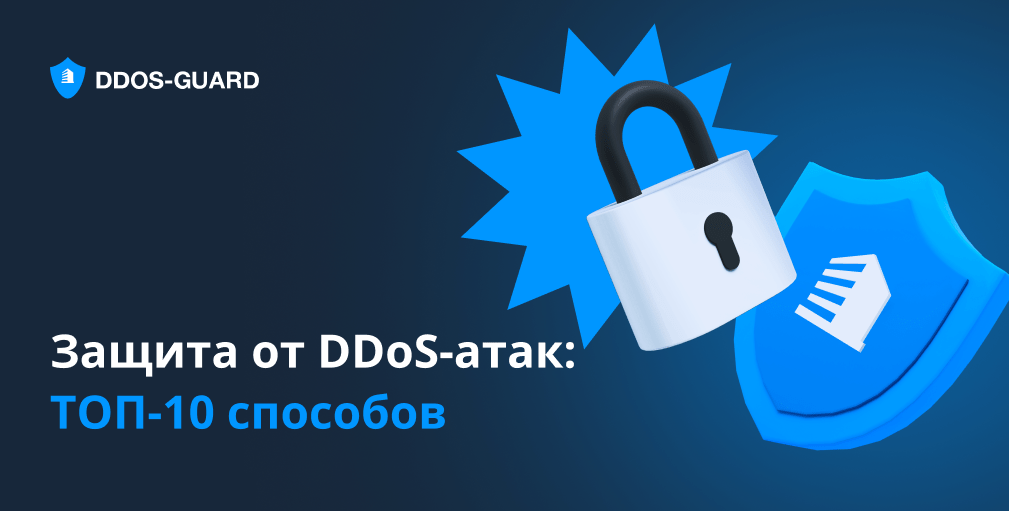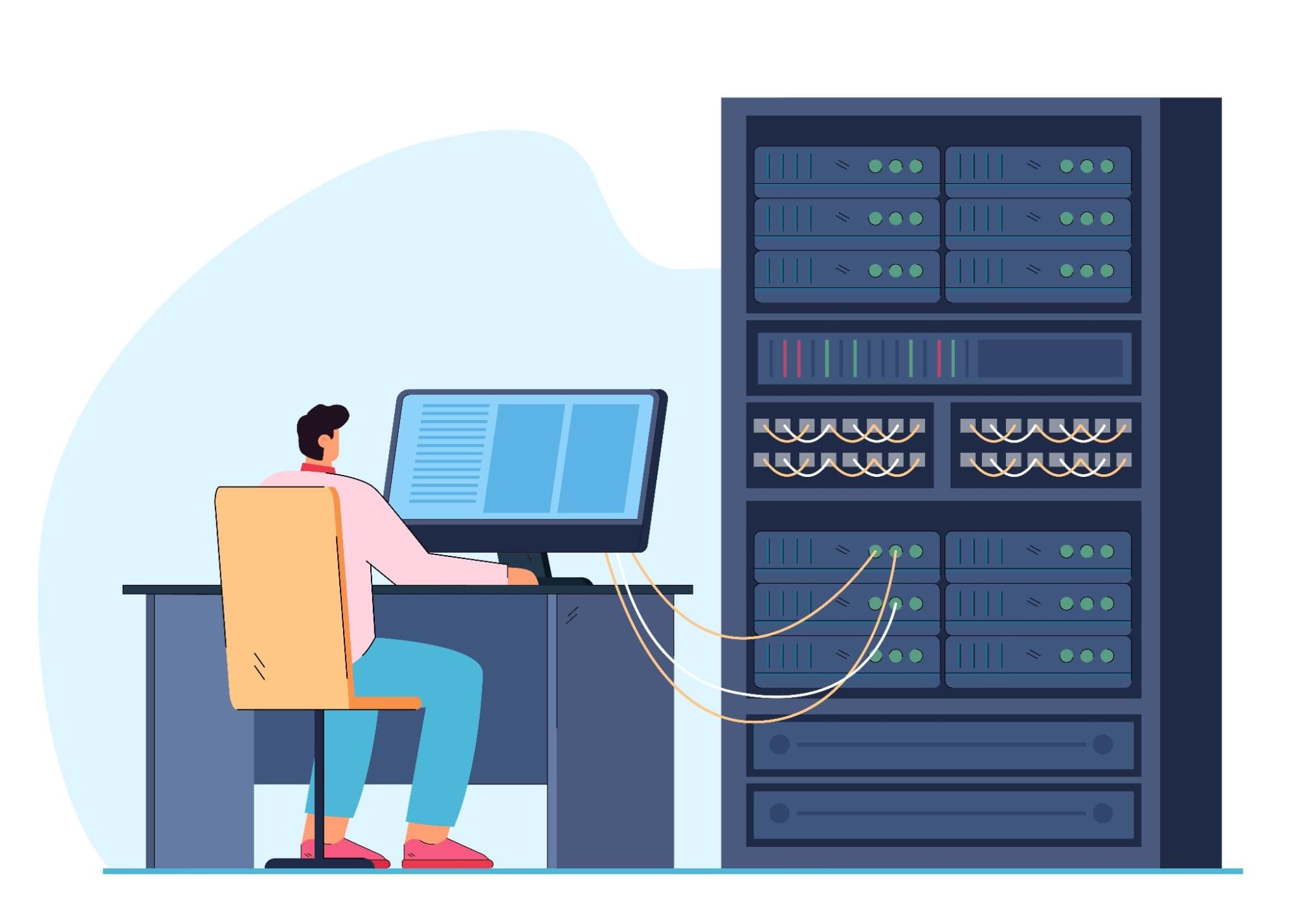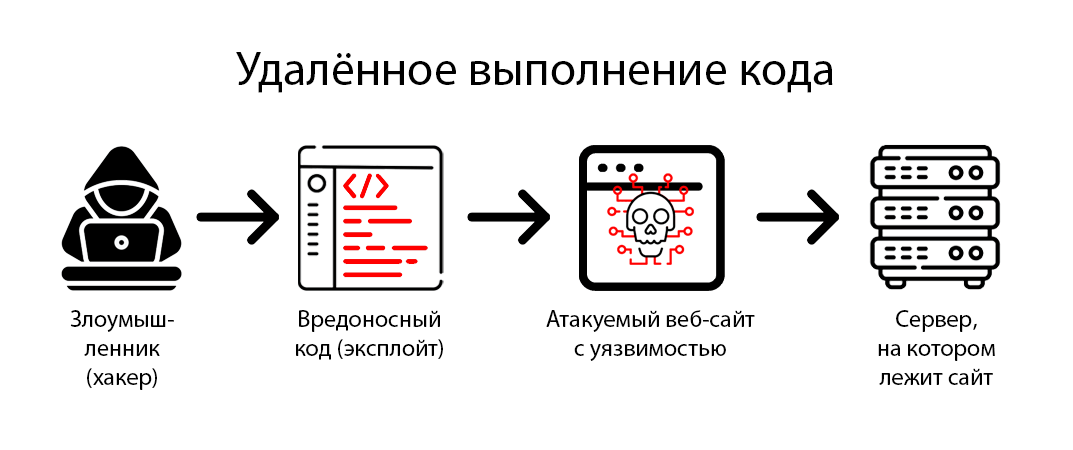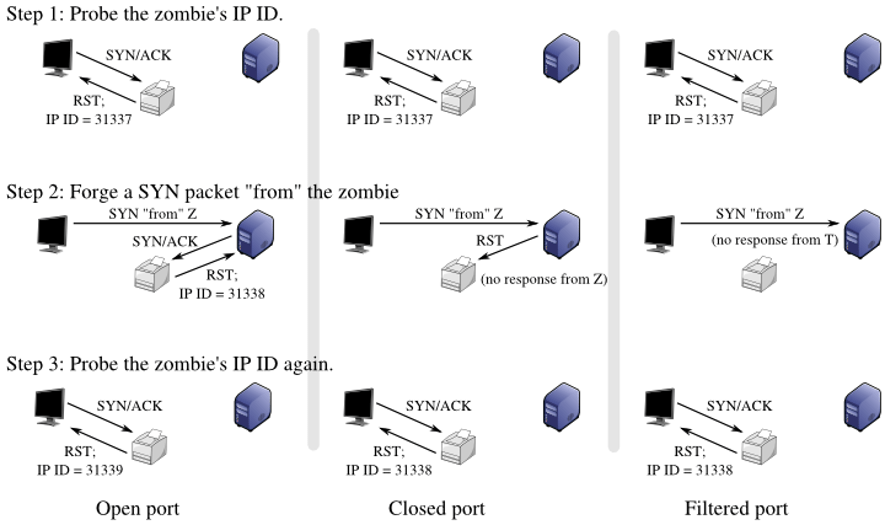How to Protect Your Server from Attacks via Open Databases?
Attacks on servers through open databases are becoming increasingly common and serious. Cybercriminals and hackers are actively seeking vulnerabilities in systems to gain access to sensitive information and disrupt server operations. It is crucial to take measures to protect your server and prevent potential attacks.
1. Update Your Database and Software
One of the main ways to protect your server from attacks via open databases is to regularly update your database and software. Vulnerabilities and errors in the system are eliminated with each update, making the server more secure from attacks.
2. Use Strong Passwords and Two-Factor Authentication
To prevent attacks via an open database, you must use strong and unique passwords that are difficult to crack. It is also recommended to enable two-factor authentication to further protect access to the server.
3. Encrypt Data and Manage Access
To ensure server security, it is recommended to encrypt data and manage access to the database. Only authorized users should have access to confidential information, which will help prevent data leakage and unauthorized access.
4. Regularly Back Up Your Data
To protect against attacks via open databases, it is necessary to regularly back up data. In the event of an attack or server failure, a backup will help quickly restore the system to operation and avoid losing important information.
5. Monitor and Analyze User Activity
An important step in protecting your server from attacks via open databases is monitoring and analyzing user activity. The system should track suspicious activity and respond quickly to threats to prevent potential attacks.
Conclusion
Protecting the server from attacks via open databases is a critical task for any company or organization. Following the recommendations for updating software, using strong passwords, and encrypting data will help minimize the risks of information leakage and server security breaches.




